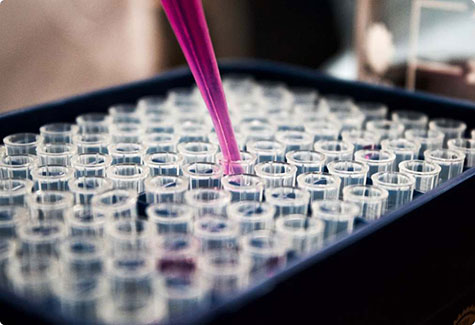Renal Protection Network, short RAPNET
Background
To improve renal outcome in the perioperative period, a selection of preclinical and clinical investigator would like to establish the RAPNet to perform multi-centre clinical studies, randomized controlled trials and meta-analyses related to kidney protection during general anaesthesia for surgery and in the ICU.
Objective
The RAPNet aims to find and test which severity (moderate to severe) and type of AKI (oliguric or azotemic) impacts patient outcomes and which renoprotective strategies are best for the excellent health of kidneys in critically ill patients undergoing surgery.
Furthermore, RAPNet aims to become a training network, offering transnational and inter-sectoral training for young researchers in renal physiology, biology, and renal support techniques in the operating room and intensive care unit. These future researchers will soon be trained in their roles as coordinators of laboratory studies, international multi-centre observational studies, and randomized controlled clinical trials.
Missions
The goals of the RAPNet for the next five years are to design and conduct observational studies and clinical trials focusing on strategies that could prevent or decrease the development of AKI.
Specifically, the RAPNET will conduct several studies. Among others, there are
- EPIS-AKI: EPIdemiology of Surgical-induced Acute Kidney Injury
- PrevAKI: Biomarker-guided implementation of the cardiovascular (CV) surgery AKI bundle to reduce the occurrence of AKI after cardiac surgery – PREVention of AKI
- BigpAK-2: Biomarker-guided Intervention to Prevent Acute Kidney Injury after Major Non-Cardiac Surgery. A prospective randomized controlled multicenter trial
- PredictAKI: Prediction of Acute Kidney Injury in Patients with COVID-19 associated Acute Respiratory Distress Syndrome






